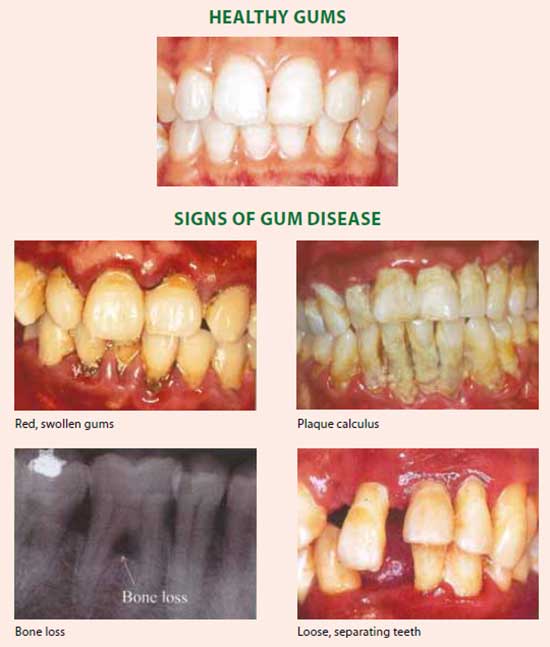
Swollen gums can be caused by a variety of conditions. These include a lack of proper oral hygiene, iron deficiency anemia, and certain immune system disorders. While these diseases can develop suddenly, others can develop gradually. This overview covers the most common causes of swollen and painful gums. In this article, we’ll look at some of the most common causes and methods of treatment for swollen and painful teeth.
People with gum problems should see a dentist or periodontist. A dentist can diagnose and treat swollen gums by performing a thorough dental examination and taking X-rays. In some cases, a simple home remedy may be all that’s needed. However, if the condition persists, a periodontist might be necessary. This specialist will be able to determine the underlying cause of swollen and painful gnawing gums.
If you suspect you may have swollen gums, it’s best to visit a dentist for a thorough exam and recommendations. Good oral hygiene practices are essential for preventing gum disease. Brushing at a 45-degree angle, and away from the gums, is essential. In addition to brushing your teeth, you should also make sure that you clean between your teeth as well. Flossing and interdental brushes are excellent options for removing plaque and tartar. Using mouthwash is also recommended.
In addition to visiting a dentist, swollen gums can be a sign of a more serious underlying condition. In such cases, it’s important to maintain good oral hygiene and get professional care. Swollen gums are a sign of a more severe underlying problem, and ignoring them may worsen it. If the condition worsens, it’s vital to see a dentist immediately.
Swollen gums are a sign of an underlying problem. If you notice that your gums are swollen, don’t ignore it. If you notice a swelling in your gums, visit a dentist. Saltwater rinses can soothe inflammation and promote oral health. Those with sensitivity to mouthwashes should stop using them. Those with sensitive or bleeding gums should consult a dentist as soon as possible.
Regular dental visits are essential to prevent and treat swollen gums. If you have an infection, your dentist may prescribe an antibiotic or use an oral rinse to help reduce your gum’s inflammation. If the swelling is caused by a serious condition, your dentist will recommend a treatment for you. It’s important to remember that you can still maintain good oral hygiene habits at home. For example, brushing your teeth regularly can help soothe your gums and promote the health of your teeth and gums.
A good oral hygiene routine is the most important way to prevent swollen gums. You should brush at a 45-degree angle, away from the gums. You should also try to clean between your teeth using floss or an interdental brush. Finally, it’s important to visit a dentist regularly to get the right treatment for your swollen gums. If you’re concerned about the condition, you should visit your dentist right away.
If you want to prevent swollen gums, you must practice good oral hygiene. A healthy diet should include plenty of vegetables, fruits and milk. These foods will help keep your gums healthy and less susceptible to damage. They should also be low in salt, sugar and fatty foods. It is important to avoid these foods, which can cause inflammation. This will help you avoid swollen gums and keep them healthy.
Good oral hygiene is the best way to prevent swollen gums. Brush your teeth at a 45 degree angle from your gums. You should also clean the spaces between your teeth with dental floss or interdental brushes. You should also use antimicrobial mouthwashes to avoid bacteria that can cause swollen gums. If you have swollen and bleeding gingivitis, you should visit your dentist immediately.
Inflammation of the gums can be caused by various reasons. Some of them are related to poor oral hygiene. The best way to prevent this problem is to visit your dentist regularly and learn about gum disease prevention methods online https://www.healthbrandsshop.com/. Your dentist will examine your teeth and gums and check for any underlying diseases. Swollen gums can be painful and cause other complications, so it’s important to treat them. You may want to visit your dentist to see if the swelling is caused by a serious problem.